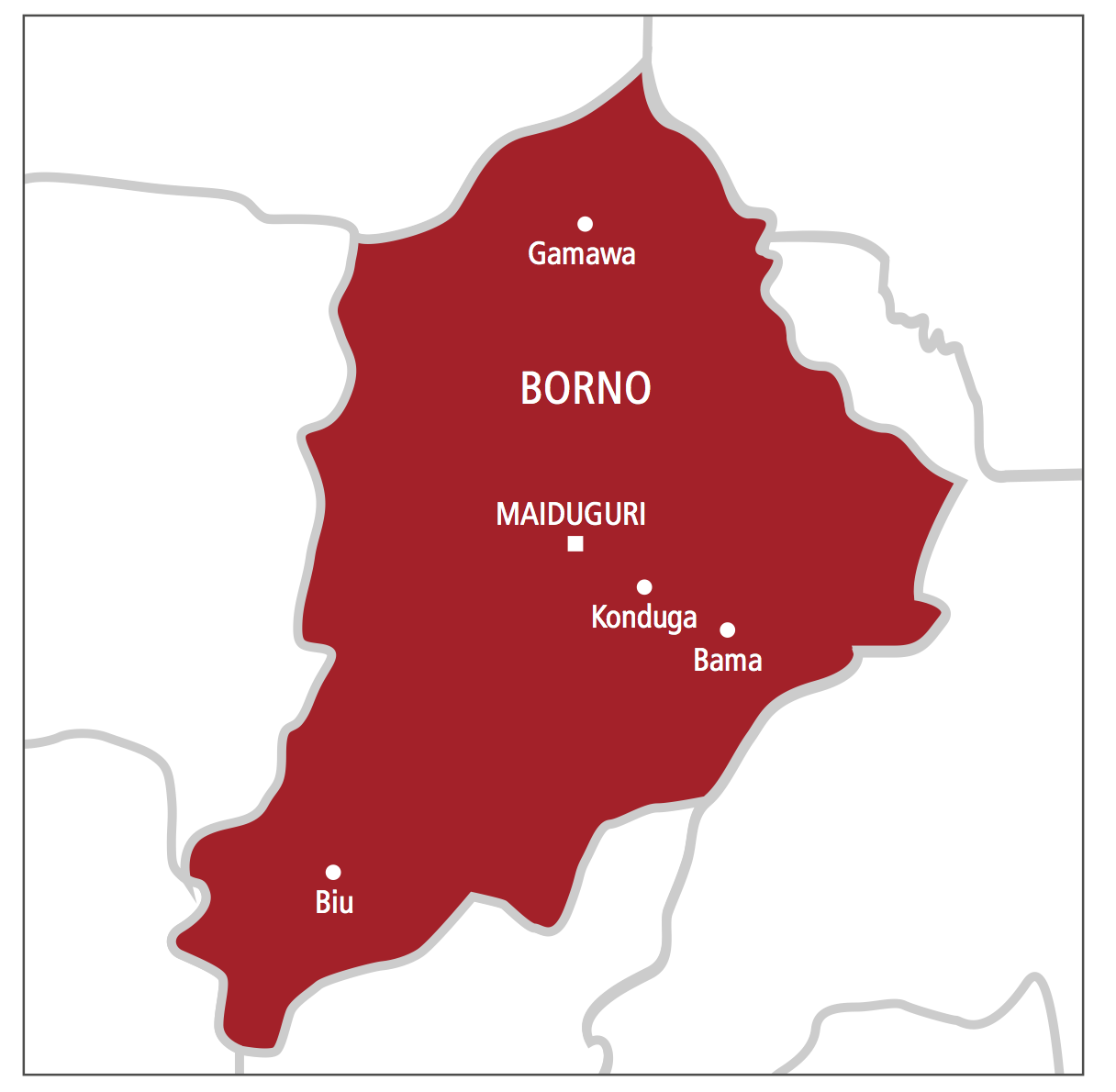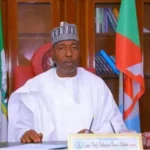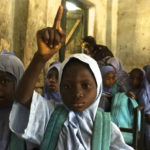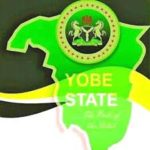No, I am not writing another letter to another sister, this time in Borno. What will be the point? What will I say to her? There are no more tears to be shed for her and her community. Words mean nothing to a people who have lived with every horror in the last decade.
A decade living in a nightmare that would have been inconceivable in a country that had seen too much to shed tears over. In the 1960s, many of our leaders were murdered during coups. Thousands of members of a particular ethnic group were massacred.
We fought a terrible civil war for 30 months and then made up within a few months and moved on. Every once in a while, we killed each other in the name of God, our tongues and cultures, pieces of land or which politicians shall have power over us.
But we moved on, until another cause to shed mostly innocent blood presented itself. We defied skeptics and doomsayers who thought that we would not survive because we were too unwieldy, too different, too complex, too poor, too Indisciplined, too big, too corrupt, too arrogant and too intolerant to survive as a country.
We represented the image of a great black African nation for a while, and bowed our heads when the rest of the world looked at us with contempt for earning distinction over every human failing.
It is only a little over a decade, but seems like a lifetime since late President ‘YarAdua ordered police to shoot at sight and bring days of violence between Muhammad Yusuf’s Jamaatu Ahlil Sunnah Liddaawati Waj Jihad (popularly known as Boko Haram) and elements of the military and police in the city of Maiduguri to an end.
The military arrested Yusuf, interrogated him and handed him over to the police, who promptly executed him and some of his followers. The rump of his comrades went underground and appeared later as an armed and hardened group willing and ready to fight the rest of us.
They struck at the heart of Borno, tearing families and communities apart ,defying traditional values and structures that had given the Kanuri and Shuwa Arab people an identity and a distinction, which had lasted for centuries.
Our leaders then must have thought they were dealing with the usual Nigerian religious irritant, until devastating bombings and audacious attacks at sensitive targets suggested that this was an unusual threat. By that time, though, it was late, if not too late.
People of Borno State have been captives of a war that will not be won or lost by either side. A band of zealots lit a fire in a community that had been Muslim for more than a thousand years.
At the peak of the waves of reforms and regime changes led by Sheikh Usuman Danfodio, the Shehu of Borno advised him to steer clear of Borno Empire because it was Muslim territory, and Muslims do not wage wars against Muslims.
Danfodio took an informed notice of the advice and drew the boundaries of his campaign around the territory of Borno. More than two centuries later, an insurgency against a post-colonial state with no pretensions to being Muslim took root in Borno.
It had a strange creed. It challenged the legacies of colonialism and the practices of a secular state that appeared to undermine an unadulterated Islamic system.
It could not be dissuaded by all the Islamic authority, knowledge and traditions available in Borno and the rest of the world.
Its conviction that it was right and the world was wrong was bolstered by its success in resisting the might of the Nigerian state and its allies who worried over its potential to set examples for other insurgents.
This insurgency has squeezed the soul and the spirit of the people of Borno, Yobe and neighboring communities. It has emptied towns and villages, and created monstrous cities like Maiduguri and Damaturu that are not different from military garrisons.
It has held and yielded territories and populations larger than many European and African countries. It has grown and shrank on the basis of the logic, which supports insurgencies, which are basically the strength of its convictions and the capacity of the state to fight and defeat it.
It has chased out an entire elite of a very proud people; kept an entire generation of children out of school; set back the development of an entire region by more than two decades; provided the setting for accommodating terror groups that had been uprooted by more determined forces in other parts of the world, and now threatens to expose the very foundations of the nation’s political and military leadership as major liabilities.
When I said the Nigerian state and the insurgency are involved in a war that can neither be won nor lost, I did not tell the whole truth.
The whole truth is that the insurgency has been winning the war, first by merely surviving as a major threat for a decade, and second, by the reality on the ground, which is that the Nigerian military does not appear able or willing to fight and defeat it.
The last few days have brought home some painful realities that could only be whispered.
It is no longer a secret that much of northern Borno State is insurgent territory, meaning that most of the population and territory is available to the insurgents because the military is holed up in mega barracks.
This may make sense in strategic terms too sophisticated for simple minds like me to understand, but tales of territories held by the insurgency at their pleasure do not support the idea of a winning strategy.
Then, the rising lack of credibility of the military and its lack of stomach for fighting the insurgency has been reinforced by major setbacks and the purported attack by the insurgents on Governor Zulum when he wanted to visit Baga.
Stories of massive exploitation of assets like fish in Lake Chad by both the military and the insurgency are beginning to sound credible.
So are stories of desertion, inter-service rivalries and subversion, very low morale and massive corruption, which makes the war a huge cash cow for the military leadership.
After Zulum’s experience around Baga and his publicised interrogation of the local military leadership, the Shehu of Borno followed with what could be the understatement of the century.
He told the nation (read: the federal government) that Borno people are no longer safe. Perhaps, this is how royalty expresses deep worry, but we all got the message.
It was amplified when the Nigeria Governors’ Forum spoke in more pointed language, demanding ‘an overhaul of the nation’s security infrastructure’.
This phrase is now becoming a linguistic assault on our reason. What it means is that the Nigerian military under its current leadership cannot defeat the insurgency, and President Buhari should be held responsible for its failure.
Boko Haram was largely instrumental to President Jonathan’s defeat and President Buhari’s victory in 2015. It now looks set to pitch Nigerians against the Buhari presidency.
If the people of Borno and Yobe are too weak or polite to say it, other Nigerians should tell President Buhari that he has no business remaining our president if he cannot fight and defeat Boko Haram.

 Join Daily Trust WhatsApp Community For Quick Access To News and Happenings Around You.
Join Daily Trust WhatsApp Community For Quick Access To News and Happenings Around You.


